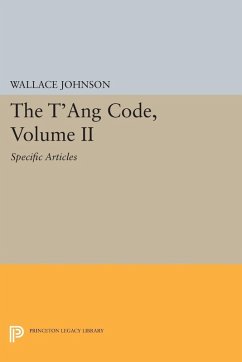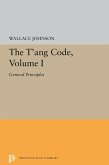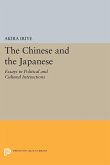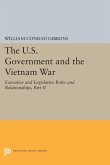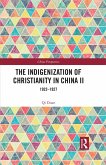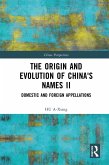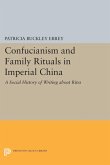This is the second and final volume of the annotated translation of a seminal Chinese legal text. The T'ang Code, written in 653 A.D., is the most important legal text in East Asian history. Not only is it China's earliest law code to survive in its entirety, influencing all subsequent Chinese law, but it has also served as a model for codes of law in other East Asian countries, including Japan, Korea, and Vietnam. This is the only translation of the T'ang code into a Western language.
The first volume of the Code, published in translation in 1979, specifies the basic principles of T'ang law and explains the structural standards for applying these principles. Volume II describes acts that are punishable by law and enumerates their punishments. For contemporary readers, the T'ang Code is more than simply a legal document. Studying the 445 "specific articles" sheds considerable light on Chinese culture. The portrait that emerges has surprising resonances in present-day Chinese society--its emphasis on the preservation of the family and the interrelatedness of authority and responsibility, for example. As Western relations with the countries of East Asia continue to expand today, it is increasingly important that we understand the complexities of a legal system that has evolved over more than fifteen centuries. The availability of the complete T'ang Code in English is a significant contribution to this understanding.
Originally published in 1997.
The Princeton Legacy Library uses the latest print-on-demand technology to again make available previously out-of-print books from the distinguished backlist of Princeton University Press. These editions preserve the original texts of these important books while presenting them in durable paperback and hardcover editions. The goal of the Princeton Legacy Library is to vastly increase access to the rich scholarly heritage found in the thousands of books published by Princeton University Press since its founding in 1905.
The first volume of the Code, published in translation in 1979, specifies the basic principles of T'ang law and explains the structural standards for applying these principles. Volume II describes acts that are punishable by law and enumerates their punishments. For contemporary readers, the T'ang Code is more than simply a legal document. Studying the 445 "specific articles" sheds considerable light on Chinese culture. The portrait that emerges has surprising resonances in present-day Chinese society--its emphasis on the preservation of the family and the interrelatedness of authority and responsibility, for example. As Western relations with the countries of East Asia continue to expand today, it is increasingly important that we understand the complexities of a legal system that has evolved over more than fifteen centuries. The availability of the complete T'ang Code in English is a significant contribution to this understanding.
Originally published in 1997.
The Princeton Legacy Library uses the latest print-on-demand technology to again make available previously out-of-print books from the distinguished backlist of Princeton University Press. These editions preserve the original texts of these important books while presenting them in durable paperback and hardcover editions. The goal of the Princeton Legacy Library is to vastly increase access to the rich scholarly heritage found in the thousands of books published by Princeton University Press since its founding in 1905.
Dieser Download kann aus rechtlichen Gründen nur mit Rechnungsadresse in A, D ausgeliefert werden.

